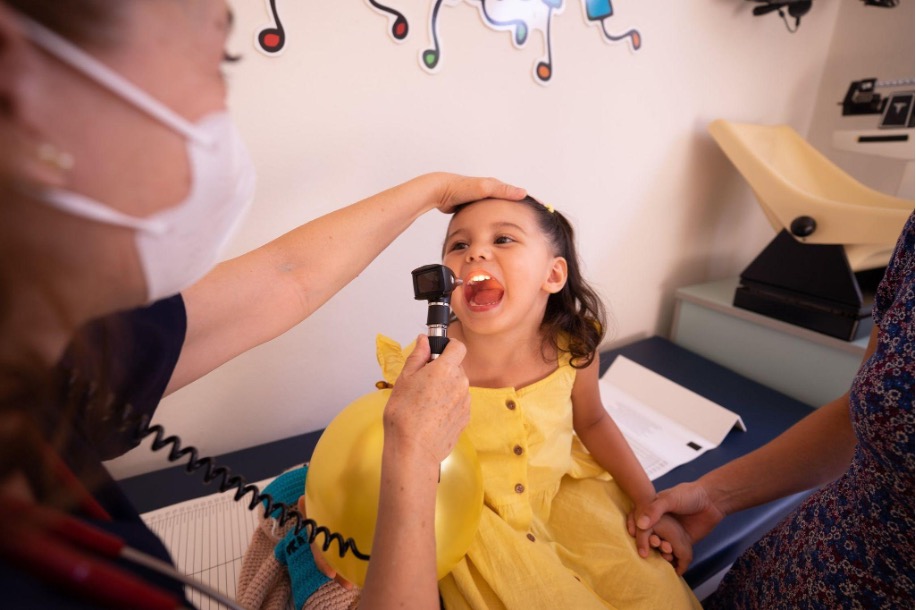Managing Your Child's Fear of the Doctor

Going to the doctor as a child can be a scary experience. Dealing with strangers, getting looked over, and potentially getting a shot or two can cause any child to develop a fear very early on. In fact, one survey of 726 parents found that half of 2-to-5-year-olds have a fear of the doctor.
The biggest fear most young children face is “needle phobia,” with stranger anxiety following closely behind.
For some parents, seeing their child worry so much at the doctor can cause them to postpone or cancel appointments. While you might be able to put things off for a while, regular check-ups and vaccinations are important for your child’s well-being.
So, how can you manage your child’s fear of the doctor to ensure they’re getting the care they need as they grow and develop?
Staying Calm and Setting an Example
Your child looks up to you for everything.
Their emotions might often mirror your own more than you realize.
If your little one is already nervous about the doctor, you might feel some distress, yourself. Or, maybe they’ve been okay with it but you’re anxious about them getting a shot.
More than likely, they will pick up on those emotions, and it can cause extra stress and fear for them. Parental anxiety is a common cause of anxious behavior in children. Some of the common signs include:
- Shielding your child
- Anxious talk
- Avoidance behaviors
- Obsessing over parenting research
By managing your own anxiety and staying calm, your child is more likely to reflect that. If you’re both a little nervous, consider doing some relaxation techniques together. No, your little one might not want to sit down to meditate. But, you can show them how to take a few deep, slow, calming breaths. Being a positive role model when it comes to managing your nerves can have lasting benefits for your child.
Preparing Them Ahead of Time
Often, it’s the uncertainty of a doctor’s visit that can leave young children feeling anxious. Educating them ahead of time can help to take away some of that “fear of the unknown”.
Start by talking to your child. Ask them why they’re nervous or afraid. Explain what will happen at the appointment, and what they should expect. Reassure them that even though their doctor might be a “stranger,” they are there to help.
In addition to a gentle conversation, things like books and videos can help. Even if your child is going to a different type of doctor, like a dentist, using educational videos and apps can familiarize them with what their appointment might look like.
Expect some questions from your child, as well. Assume that no question is off-limits, and be willing to assuage their fears with comforting answers and assurances.
Setting Up the Appointment for Success
Once you’ve talked to your child about their appointment, it’s important to prepare them for a successful visit.
The good news? That doesn’t require anything special.
One of the best things you can do is to make sure your child keeps their normal routine the night before/the day of their visit. When kids can keep a routine, they feel more confident and secure.
That starts with a good night’s sleep before the day of the appointment. You can help to ensure your child gets the rest they need by:
- Not letting them stay up past their bedtime
- Going through a nighttime routine with them
- Making sure they have a peaceful sleep environment
- Calming their nerves before they go to sleep with a story or song
If your child tends to have trouble sleeping, consider things like changing their mattress to something more comfortable. Or, consider using a white noise machine or soft music. A night of rest will help your little one to manage their emotions the next day. So, now is the time to figure out how to give them the best night’s sleep possible.
By managing your child’s fear of the doctor now, you’re doing them a big favor. About 3% of the adult U.S. population has a fear of going to the doctor, meaning those individuals might not always receive the care they need due to anxiety. Helping your child with their worries now can help them to trust doctors in the future, so their health and well-being will always be a priority.
Jori Hamilton






